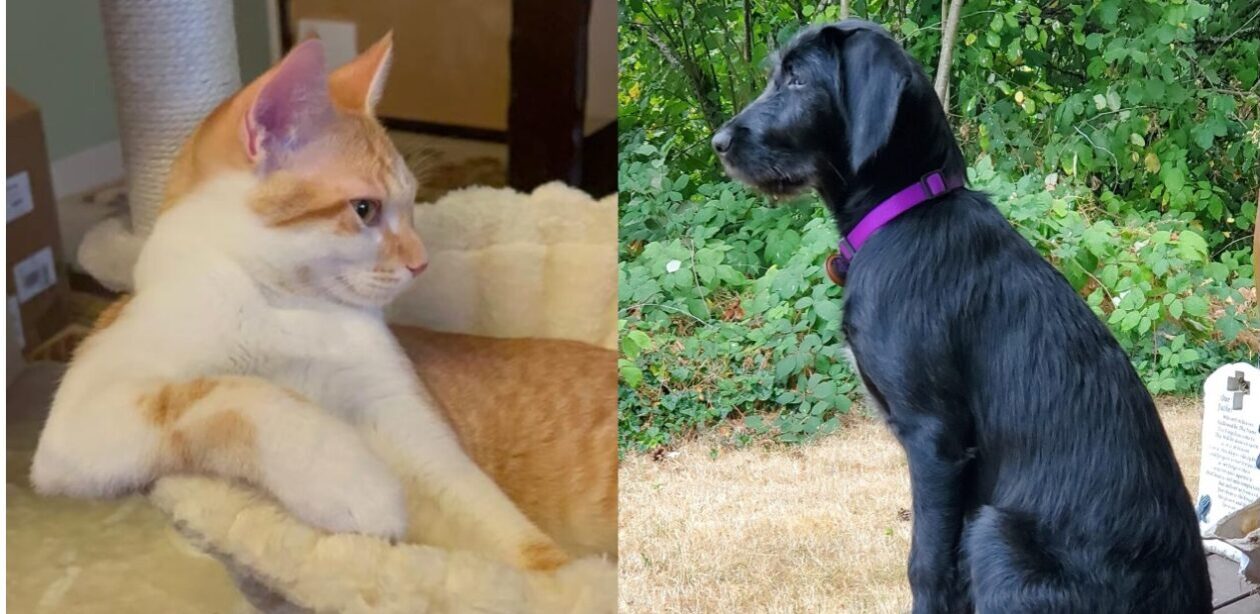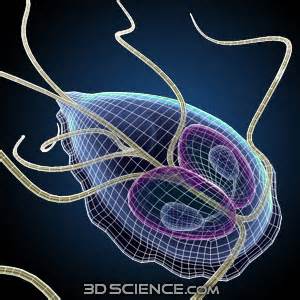A new client walks in with their first dog. They have the food recommended by the pet store. “It’s grain-free” they smile with an expectant affirmative response. After all isn’t that the best diet for their dog (cat)? As veterinarians this is a very common dialogue. Unfortunately, the response to the client is a letdown. Grain-free diets are: extrapolated from the human side of nutrition, they do not meet all of your pet’s nutritional needs and new research shows these diets maybe harmful to your pet. The lack of grains requires replacement ingredients such as potatoes, legumes, peas and lentils. These ingredients lead to low levels of Taurine an essential amino acid.
A recent UCDavis study (7/2018) discovered the dogs seemed to have a higher correlation of Dilated Cardiomyopathy (DCM) when on grain free diets due to the replacement ingredients. Taurine deficiency is well-documented as potentially leading to DCM. DCM is a disease of the heart muscle that results in weakened contractions and poor pumping ability. As the disease progresses the heart chambers become enlarged, one or more valves may leak, and signs of congestive heart failure develop. This disease is serious and in some cases sudden death.
Breeds that are typically more frequently affected by DCM include large and giant breed dogs, such as Great Danes, Boxers, Newfoundlands, Irish Wolfhounds, Saint Bernards and Doberman Pinschers. It is less common in small and medium breed dogs, except American and English Cocker Spaniels. However, the cases that have been reported to the FDA have included Golden and Labrador Retrievers, Whippets, a Shih Tzu, a Bulldog and Miniature Schnauzers, as well as mixed breeds. see source FDA…
If the problem is identified early and if the patient has been on a grain-free diet the patient can be treated. However, early detection is not usually the case. Prevention is through dietary awareness. Ask your veterinarian for nutritional advice.


